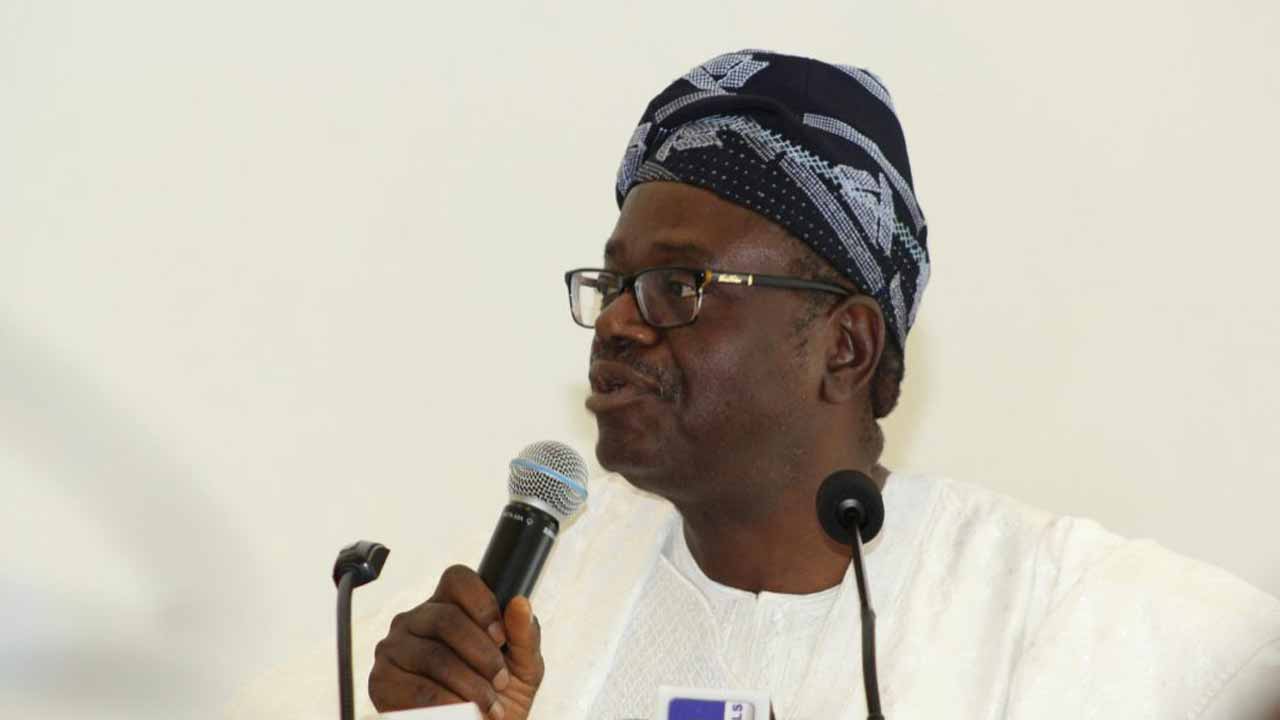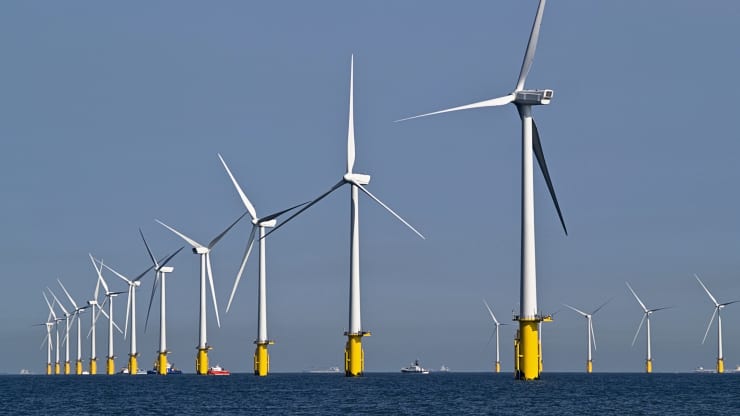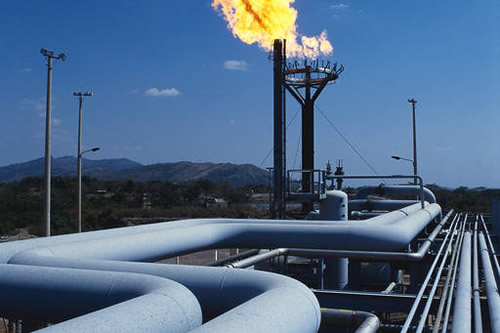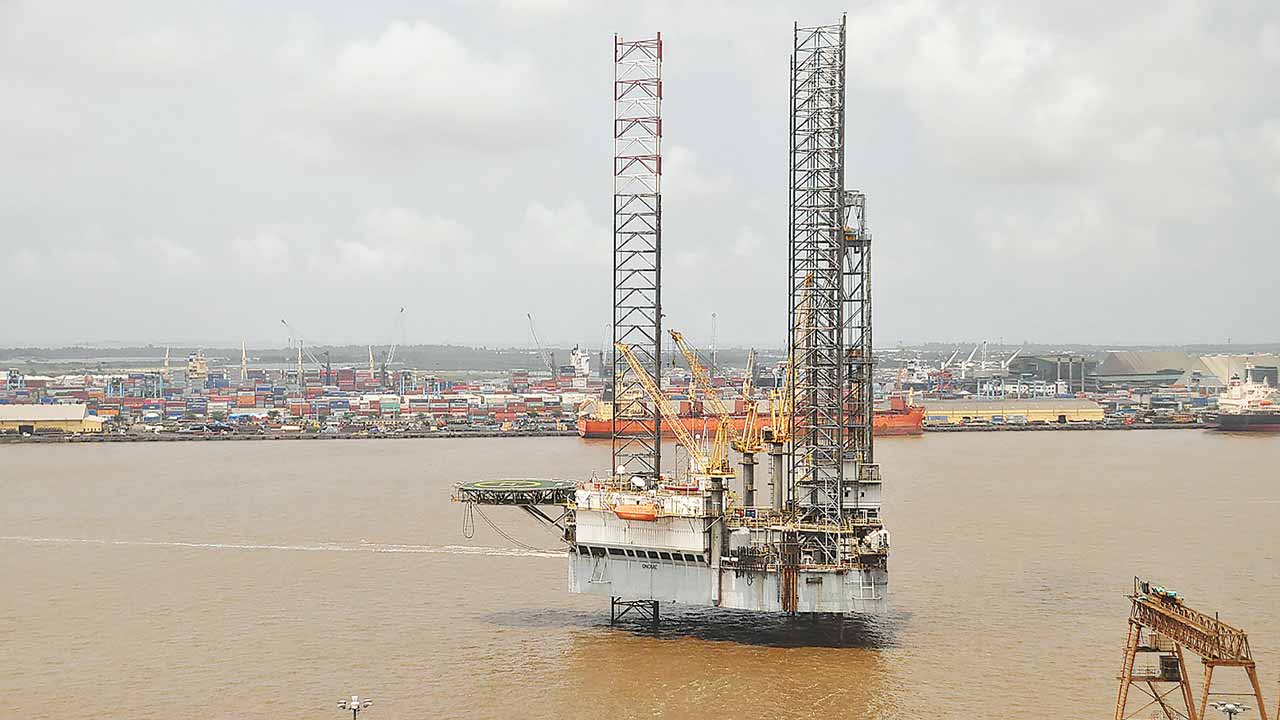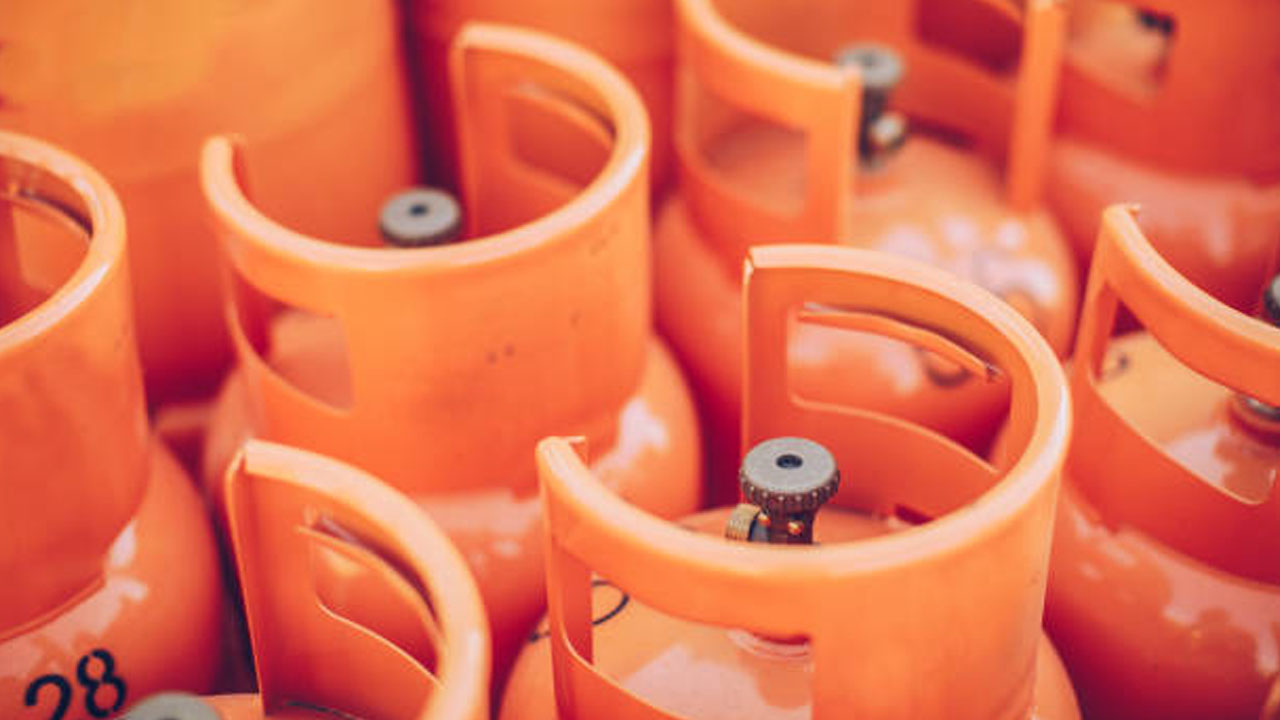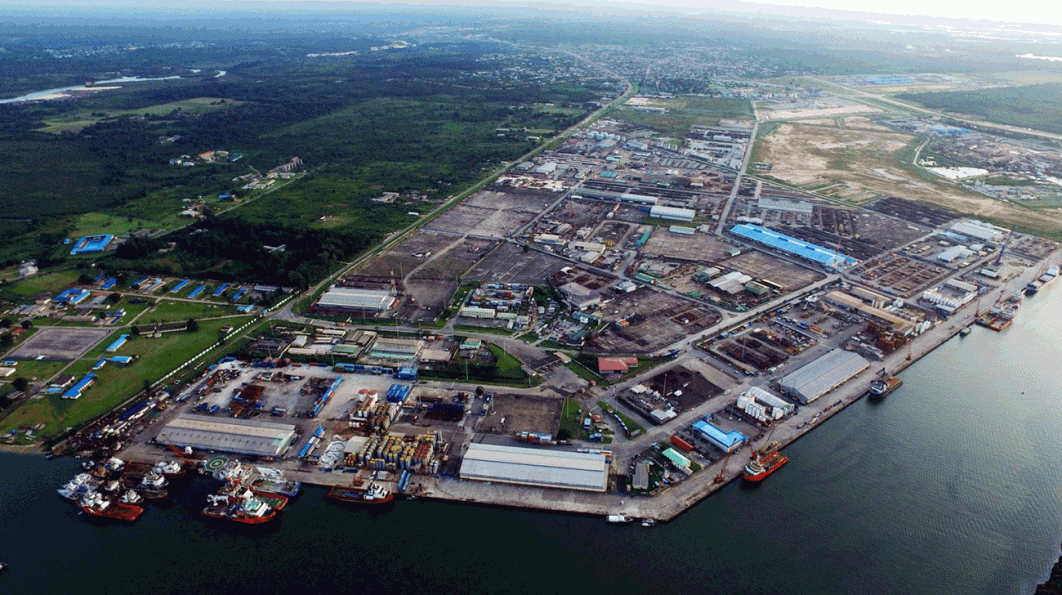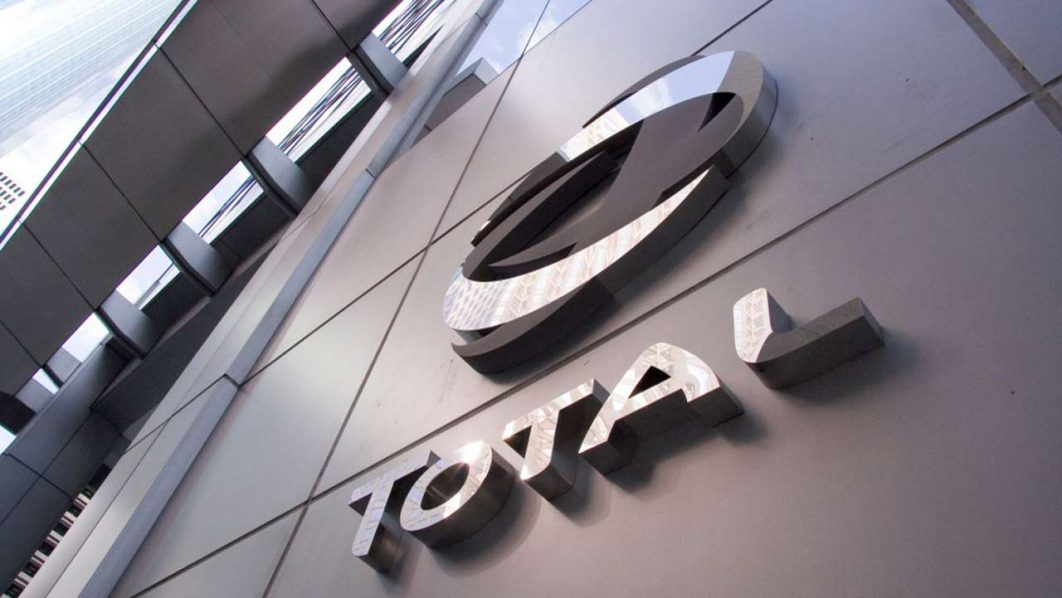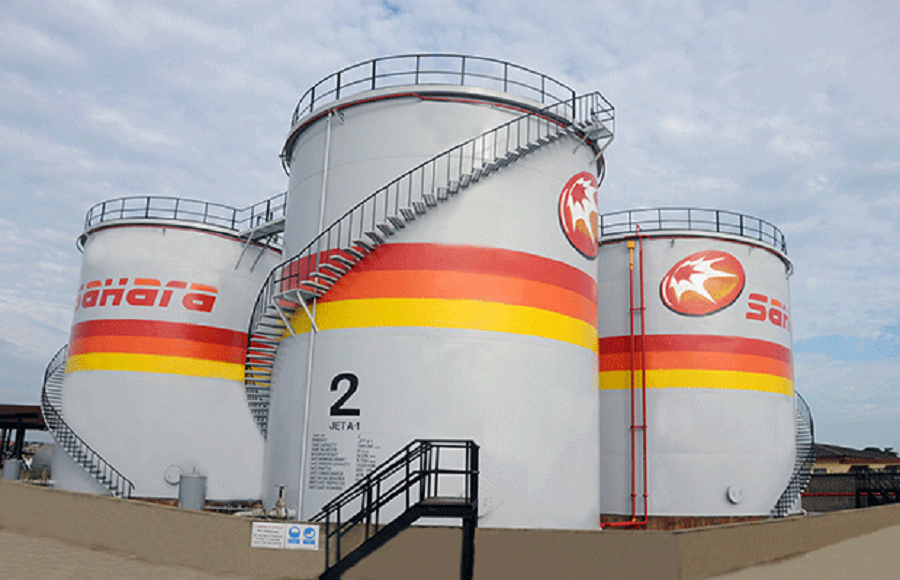Minister of State for Niger Delta Affairs, Sen. Omotayo Alasoadura, has said the region contributes over 80 per cent of the nation’s resources and about 95 per cent of foreign exchange earnings.
Alasoadura, who stated this yesterday in Texas, United States of America (USA) while speaking on investment opportunities in the Niger Delta Region, told the audience that over 95 per cent of oil and gas activities in Nigeria take place in the Niger Delta.
According to the minister, the region is home to three refineries, a liquefied natural gas plant, a petrochemical complex, a steel plant and an aluminium smelting company and a large fertiliser company.
“Furthermore, the region hosts a number of oil-servicing companies, in addition to the oil majors operating in the area and some local oil exploration companies. It also has an Export Processing Zone and an Oil and Gas Free Zone. He added.
Alasoadura further disclosed that the region warehouses massive oil and gas deposits with average productivity of about 2.5 million barrels per day, including condensates.
“Today, the total recoverable reserves of oil and gas are estimated at about 34.5 billion barrels and 93.8 trillion cubic meters, respectively, he added.
He said the aim of the summit is to forge international economic cooperation for investment in the Niger Delta, adding that the summit will help to build institutional exchanges and promote foreign direct investments.
According to him, it is also an opportunity for Nigeria to explore avenues for the diversification of the economy as well as the provision of an effective bilateral opportunity between the private and public sectors of both nations.
With the summit, the minister noted that the nation stands a chance to attract investors and investments from the USA into the economy.
Source: Guardian


